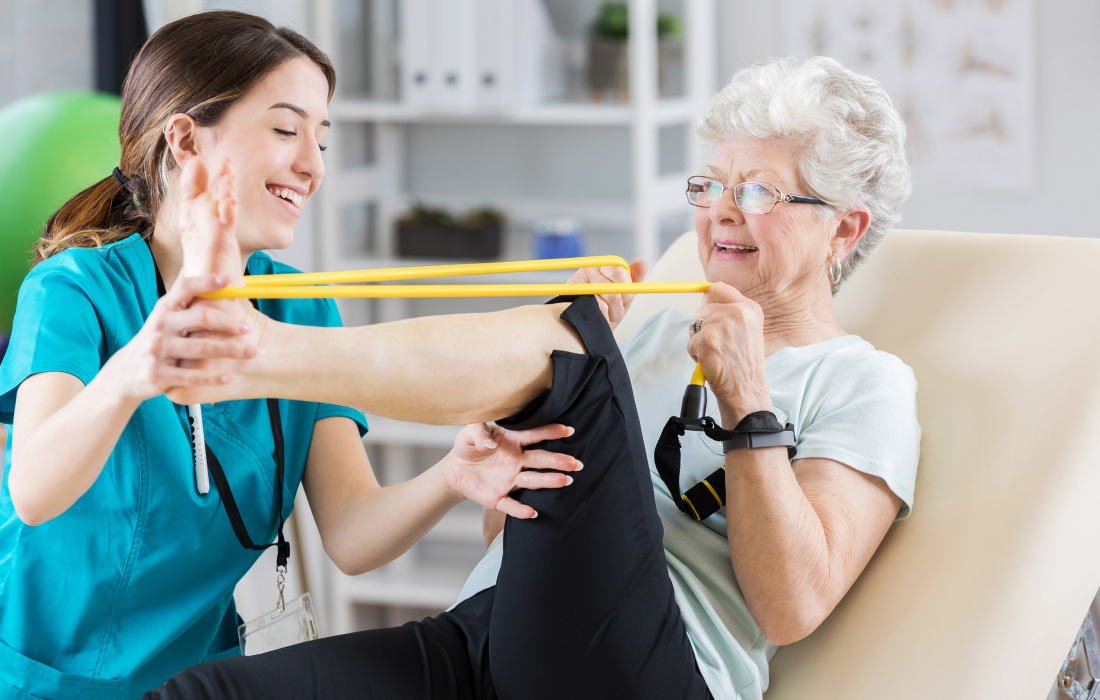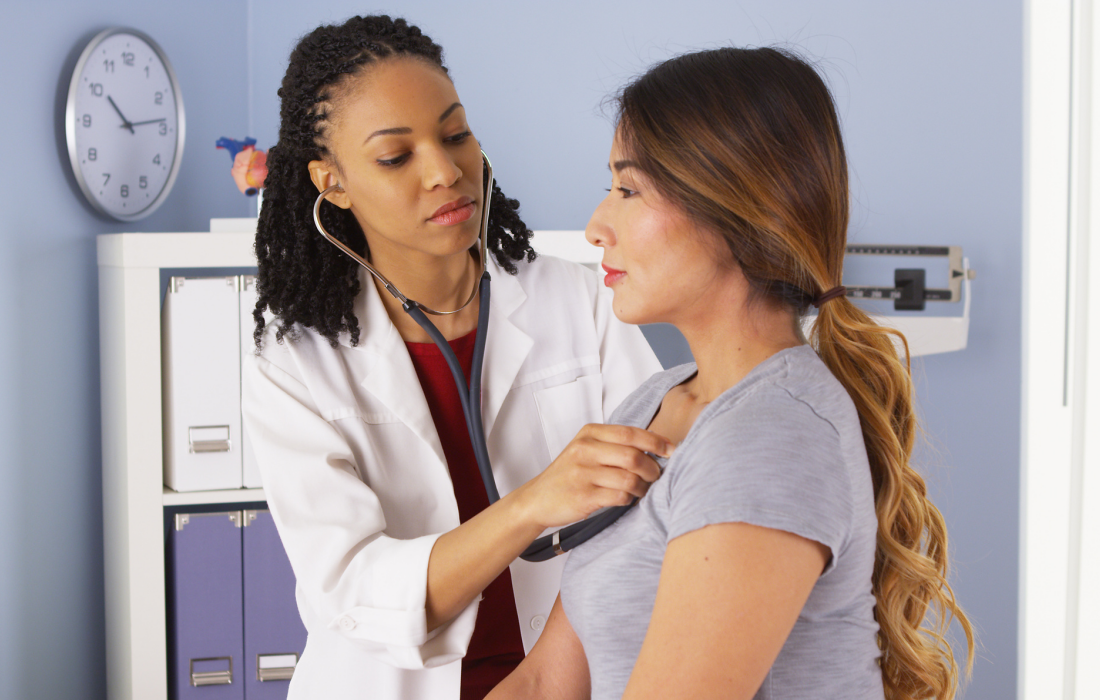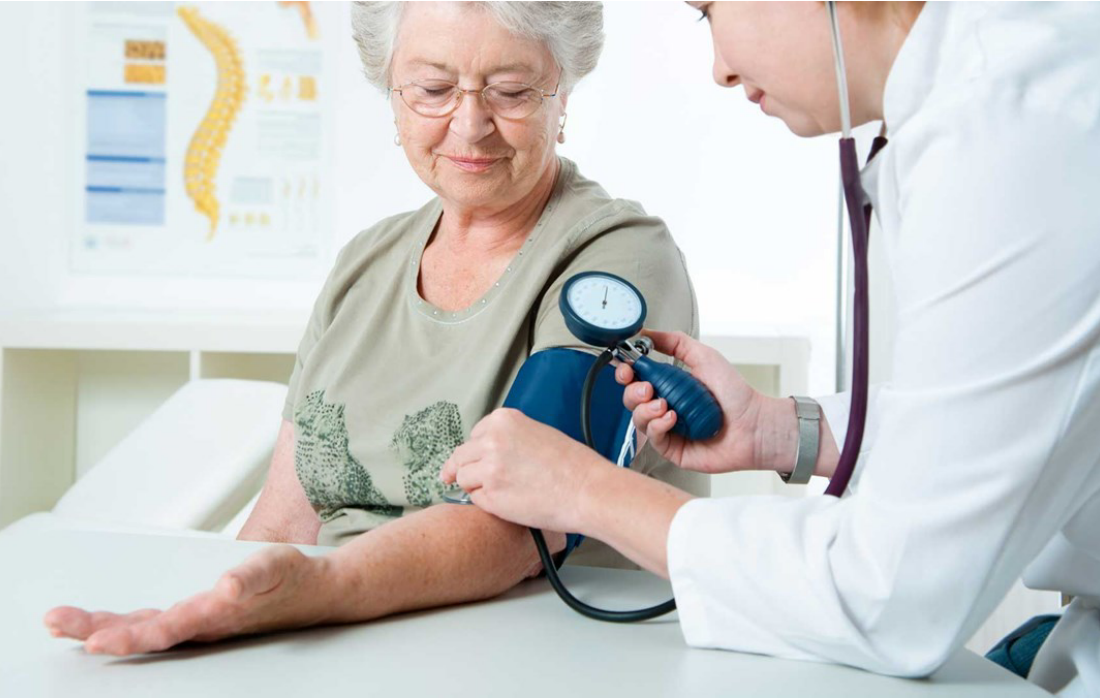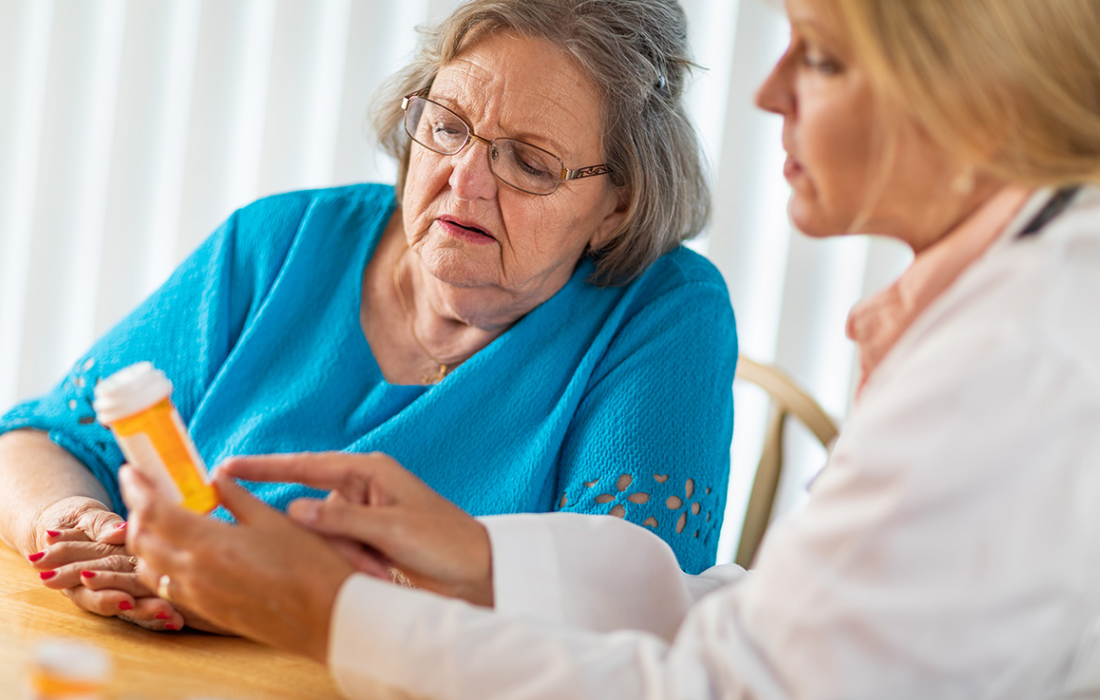Medications are one of the most important parts of medicine. They are used to treat serious diseases and conditions, prevent or heal injuries, and improve overall health. Administering Medication to

Things To Consider When Buying Drug For ElderlyThings To Consider When Buying Drug For Elderly
Drug for elderly people is a drug for people who are elderly. It helps to prevent or relieve the symptoms of sickness, pain, and fatigue. It is used most often

The Benefits Of Attention Of MedicationThe Benefits Of Attention Of Medication
The characteristics and attention of medication is a post discussing the characteristics of medication, such as what they do and how they work. Medication is a tool that can help

Importance Of Alternative Therapy For ElderlyImportance Of Alternative Therapy For Elderly
When it comes to the health of elderly, it is important to create a healthy environment. There are several treatment alternatives available to take care of the symptoms of their

Benefits Of Seniors ExercisingBenefits Of Seniors Exercising
Seniors require a lot of care and attention. In order to maintain a healthy and fit lifestyle, seniors should exercise. But is there any true benefit to this? What are

Tips On Improving Your Physical ActivitiesTips On Improving Your Physical Activities
Human beings are complex creatures. They have multiple types of muscles in their bodies that carry out different functions, which gives them the ability to perform a wide variety of

The Benefits Of Fall PreventionThe Benefits Of Fall Prevention
Fall prevention is a series of steps to reduce the risk of falling and prevent injuries related to falls. Falls are a leading cause of injury for older adults. There

How To Prevent Major Health ProblemsHow To Prevent Major Health Problems
Taking care of your health is one of the most important parts of making yourself feel happy and fulfilled. But before you can truly enjoy your life, you need to

Best Nutrition Tips To Improve Your HealthBest Nutrition Tips To Improve Your Health
Nutrition is the most important aspect of good health, and yet there are still many people out there who don’t fully understand what they need to do to maintain a

Benefits Of Preventive HealthBenefits Of Preventive Health
Preventive health is the process of improving health and preventing disease by reducing the risk factors associated with them. There are a number of ways to prevent diseases, including things

